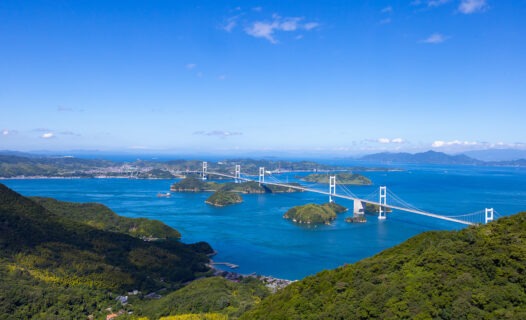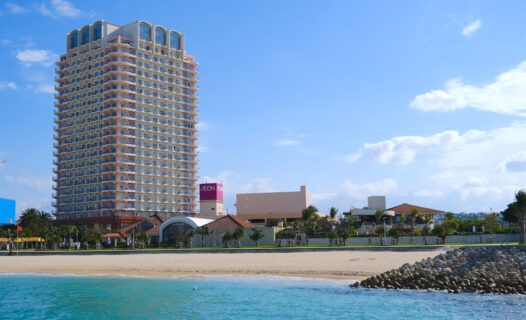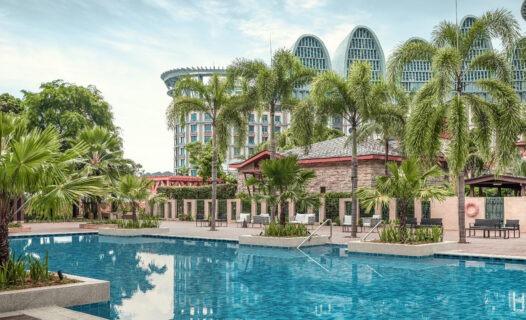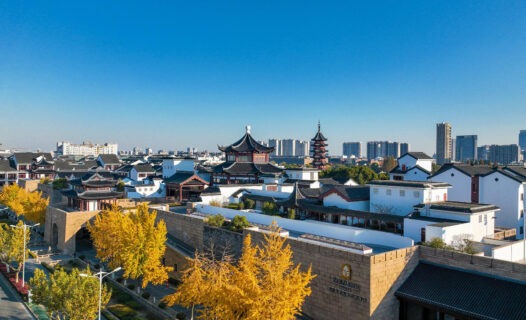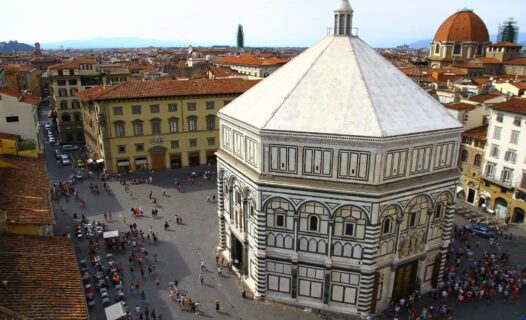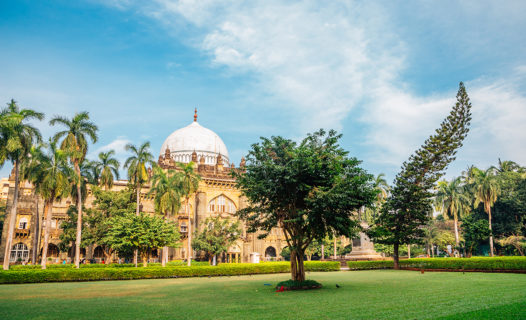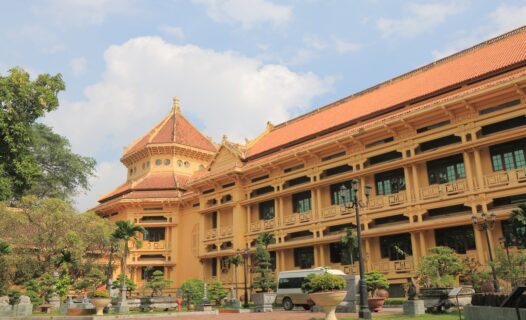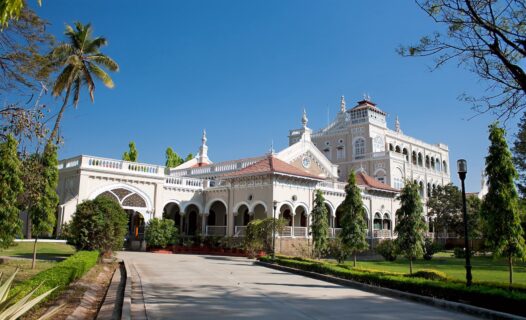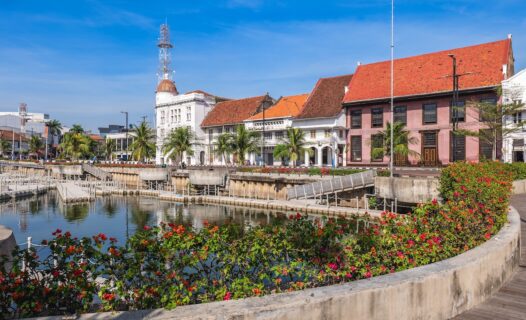Every year on August 21, the Philippines commemorates a pivotal event in its history – Ninoy Aquino Day. This national holiday honors the life and legacy of Senator Benigno “Ninoy” Aquino Jr., whose assassination in 1983 sparked a revolution and led to the end of martial law in the Philippines. For both locals and visitors, Ninoy Aquino Day is a time to reflect on the country’s journey toward democracy and to celebrate the enduring spirit of freedom.
Historical Context: The Life and Legacy of Ninoy Aquino
Benigno “Ninoy” Aquino Jr. was a prominent opposition leader against the regime of Ferdinand Marcos, advocating for democracy and human rights. Born on November 27, 1932, Ninoy’s political career was marked by his courage and eloquence. Despite facing imprisonment and exile, his commitment to his principles never wavered.
Upon his return to the Philippines on August 21, 1983, after years of self-imposed exile in the United States, Aquino was tragically assassinated at the Manila International Airport, now named Ninoy Aquino International Airport in his honor. His death galvanized a nation, leading to widespread protests and eventually the People Power Revolution, which restored democracy in 1986.
Significance of Ninoy Aquino Day
Ninoy Aquino Day is more than just a public holiday. It symbolizes the resilience and courage of the Filipino people. It serves as a reminder of the sacrifices made in the fight for freedom and justice. Each year, Filipinos pay tribute to Ninoy Aquino’s legacy through various commemorative events, educational activities, and family gatherings.
The day is particularly significant in Manila, where numerous landmarks and historical sites stand as testaments to Ninoy’s life and the country’s democratic journey. Visiting these sites offers both historical insights and a deep sense of connection to the events that shaped modern-day Philippines.
How to Celebrate Ninoy Aquino Day in the Philippines
Whether you are a local or a tourist, there are several meaningful ways to observe Ninoy Aquino Day. Here are some recommendations:
1. Attend Commemorative Events
Many cities, especially Manila, host events to honor Ninoy Aquino’s memory. These include wreath-laying ceremonies, public speeches, and cultural performances. Visiting sites such as the Ninoy Aquino Monument and the EDSA Shrine can provide a deeper understanding of his impact on Philippine history.
2. Visit Historical Landmarks
Exploring landmarks associated with Ninoy Aquino and the People Power Revolution is a poignant way to connect with the history of the Philippines. Key sites include the Aquino Center and Museum in Tarlac, which houses personal memorabilia and exhibits on his life, and the historic streets of EDSA where the peaceful revolution unfolded.
3. Engage in Educational Activities
Many educational institutions and organizations offer talks, films, and exhibits that delve into Ninoy Aquino’s contributions to the nation. Participating in these activities can provide valuable historical context and foster a deeper appreciation for the importance of democracy and human rights.
4. Enjoy Philippine Cuisine
No celebration in the Philippines is complete without indulging in the country’s rich culinary traditions. Use this holiday as an opportunity to try traditional dishes such as adobo, sinigang, and lechon. Many local restaurants and markets offer special menu items and promotions on this day.
Celebrating Ninoy Aquino Day in the Philippines is not only a way to honor a national hero but also an opportunity to immerse oneself in the country’s rich history and vibrant culture. Whether you attend events, visit historical landmarks, or simply take a moment to reflect on the significance of the day, you’re sure to gain a deeper appreciation for the sacrifices made in the name of freedom and democracy.



